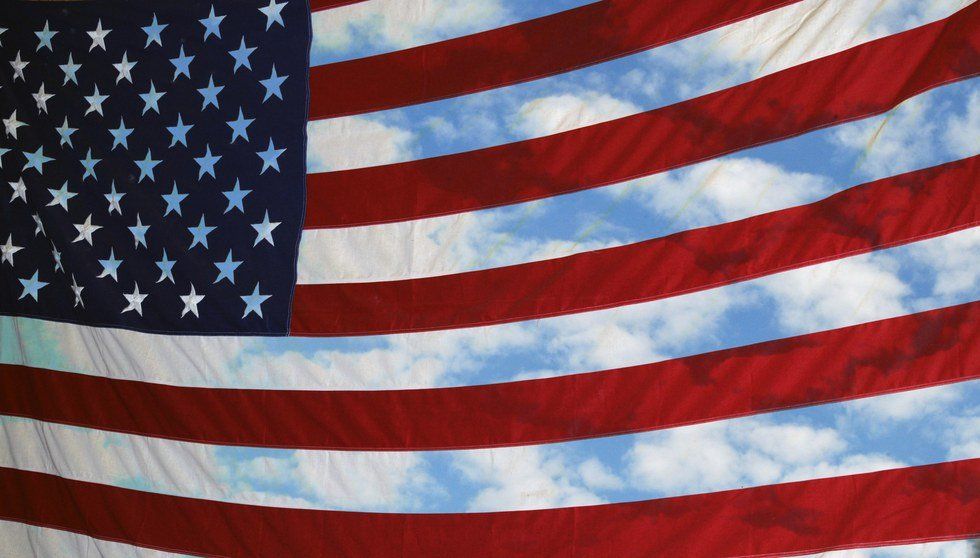Over the past several weeks, if you Googled “American Ninja Warrior,” an ESPN article would surface. ESPN writer Katie Barnes has been publishing articles covering the show.
Since “American Ninja Warrior” is not technically a sport, but a reality television show, it seems strange that ESPN is covering it. Is “American Ninja Warrior” (or ANW) a professional sport? In terms of athletes getting paid, it is not. But ESPN’s coverage brings to light a discourse circulating around the show: should Ninjas get paid?
Ninja superstar Joe Moravsky (a.k.a. “The Weatherman”) voiced his opinion last season that Ninjas should start getting paid: “If I was an athlete, I’d be paid. If I was an actor, I’d be paid. We’re being put in that grey area. Granted, we do apply and there are tens of thousands of people who would love to be on the show, but at the same time, we make the show. The show does not make us anymore.”
Moravsky’s comments make a legitimate point. Star power is essentially what drives the show. Sure, watching amateurs on hopelessly difficult courses can be entertaining, but only for so long. To rivet viewers for its lengthy season, ANW needs more than obstacles and faceless competitors. The show needs charismatic athletes like Morasky and Kacy Catanzaro, as well as athletes with fascinating backstories, to keep its numbers up.
Yet, should the show begin paying its stars? One of the issues with this proposal is just who would the show pay? It could pay just its “big” stars, but finding just criteria for defining these stars would be difficult. While the big stars might be easily defined, there is a fine line between levels of popularity in the rest of the field. Also, being paid to merely compete would encourage laxity in competition. If you're paid just to show up, are you really going to train as hard?
The show could also pay through performance, those who complete certain courses. According to Morasky, these compensation prices are actually given out in city courses. This practice, if it still occurs, could be carried over to the Four Final Stages of Las Vegas. If stars get persistent enough (an ANW Union?) and begin threatening not to compete, this may be the solution NBC chooses.
It would certainly take away from the pure integrity of the show: a million dollars or nothing. This brutal reality is one of the elements that make the show so riveting. It makes the defeats more heartbreaking. It makes the victories more glorious.
But Morasky's point still stands. He also highlights that many Ninjas train all year for the competition. They take low paying part-time jobs, or even, in extreme cases, quit their jobs to compete for the show. Lucky megapopular stars like Kacy Catanzaro land endorsement deals. But most Ninjas don’t have this luxury. If they are going to train all year for a competition, some compensation from NBC seems only fair.
Paying the athletes individually would force the course to spiral into a “professional” sport. But, compensation for completing courses would help the course maintain its endearing amateur spirit and enable athletes to receive compensation for hours and hours of training.





















